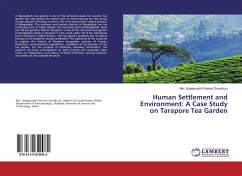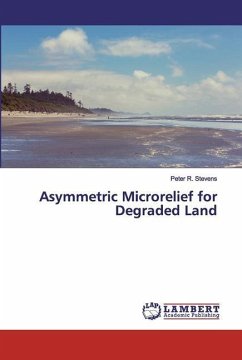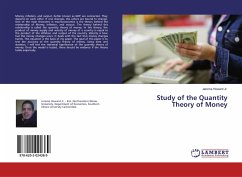In Bangladesh, tea garden is one of the attractive places for tourists. Tea garden not only pleases the visitors with its natural beauty but also brings a huge amount of foreign currency. Tea is the second main export product of Bangladesh. The northern and eastern districts of Bangladesh are tea producing area. In Sylhet division, the northeast parts of Bangladesh, there are 150 tea gardens. Where "Tarapore" is one of the renowned tea garden of Bangladesh which is situated in 7 No word under the 6 No Tukerbazar Union Porishad in Sylhet division. This tea garden gradually lost its beauty because of its accidental human settlement. The objectives of the study are to explore the history of Tarapore tea-garden, process of human settlement, environmental degradation, conditions of tea laborers of the tea garden. For the purpose of obtaining necessary information, this research has been accomplished on both primary and secondary data. These are observation, oral history, in-depth interviews, archival research, and review of the available literature.
Bitte wählen Sie Ihr Anliegen aus.
Rechnungen
Retourenschein anfordern
Bestellstatus
Storno








